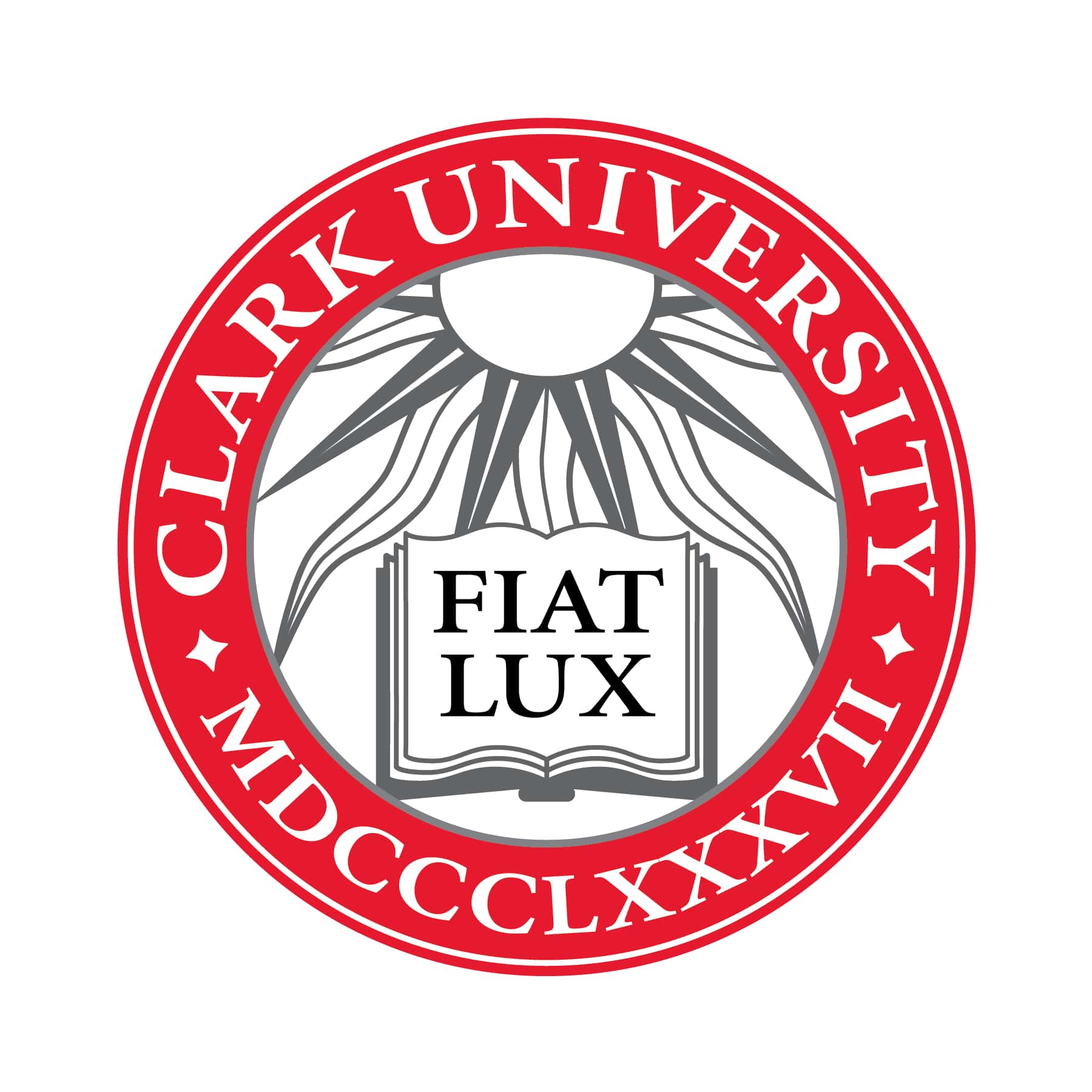
- This event has ended.
Extractives@Clark organized two paper sessions
Contemporary extractivism in Latin America 1: Representations and Reconceptualizations
This panel explores manifestations of contemporary extractivism in Latin America, as well the ways in which it can be conceptualized and represented. Extractivism goes beyond extractive industries (mining, oil, and gas) and may be better understood as a logic of rent capture that involves the extraction of natural resource rents without restoration of those resources nor of the socio-natural relations that they previously sustained. Extractivism can be manifest, then, as development strategies based on synergies between infrastructure, extractive industry, agro-industry, extensive ranching and similar, as well as in the form of smaller scale activities operating with logics of rent capture
without restoration or care. Alternatives to extractivism refer not only to alternative economic activities, but also to alternatives logics based not on rent capture but diverse forms of socio-natural cohabitation. The academy, civil society, private and public sector actors have represented extractivism and its alternatives in diverse ways. The papers in this panel document a range of extractivisms and alternatives, and diverse means of representing and conceptualizing these.
- Nicholas Cuba – Landsat time series show the nature and magnitude of the impact of mineral extraction on agriculture and natural vegetation in the Peruvian Highlands
- Denise Humphreys Bebbington – Infrastructure development, resource extraction and threats to forest communities in Mexico
- Laura Aileen Sauls – Examining the socio-environmental impacts of extractivist policy in Central America
- Benjamin Fash – Re-presenting extractivism and alternatives from Honduran social movements
Contemporary extractivism in Latin America 2: Representations and Reconceptualizations
Extractivism always involves violence, but the forms taken by such violence vary in kind and degree as well as across space and time and intersect in complex ways with the governance of the territories in which resource extraction occurs. This panel explores such violences and their implications for territorial governance and control, as well as the conditions under which more inclusive and peaceful forms of governance might emerge. The panel addresses cases from both Mesoamerican and South America, in particular covering territories affected by mining, hydrocarbons, tourism, and extractive logging.
- Anthony Bebbington – Extractivism and territorial governance
- Belén Noroña – Mining as epistemic violence: Erasure of Indigenous epistemologies in the Amazon region of Ecuador
- Andrew Davis – Extractive economies, new “regimes of rule” and implications for social movements in Central America
- Discussant: Christian Brannstrom


